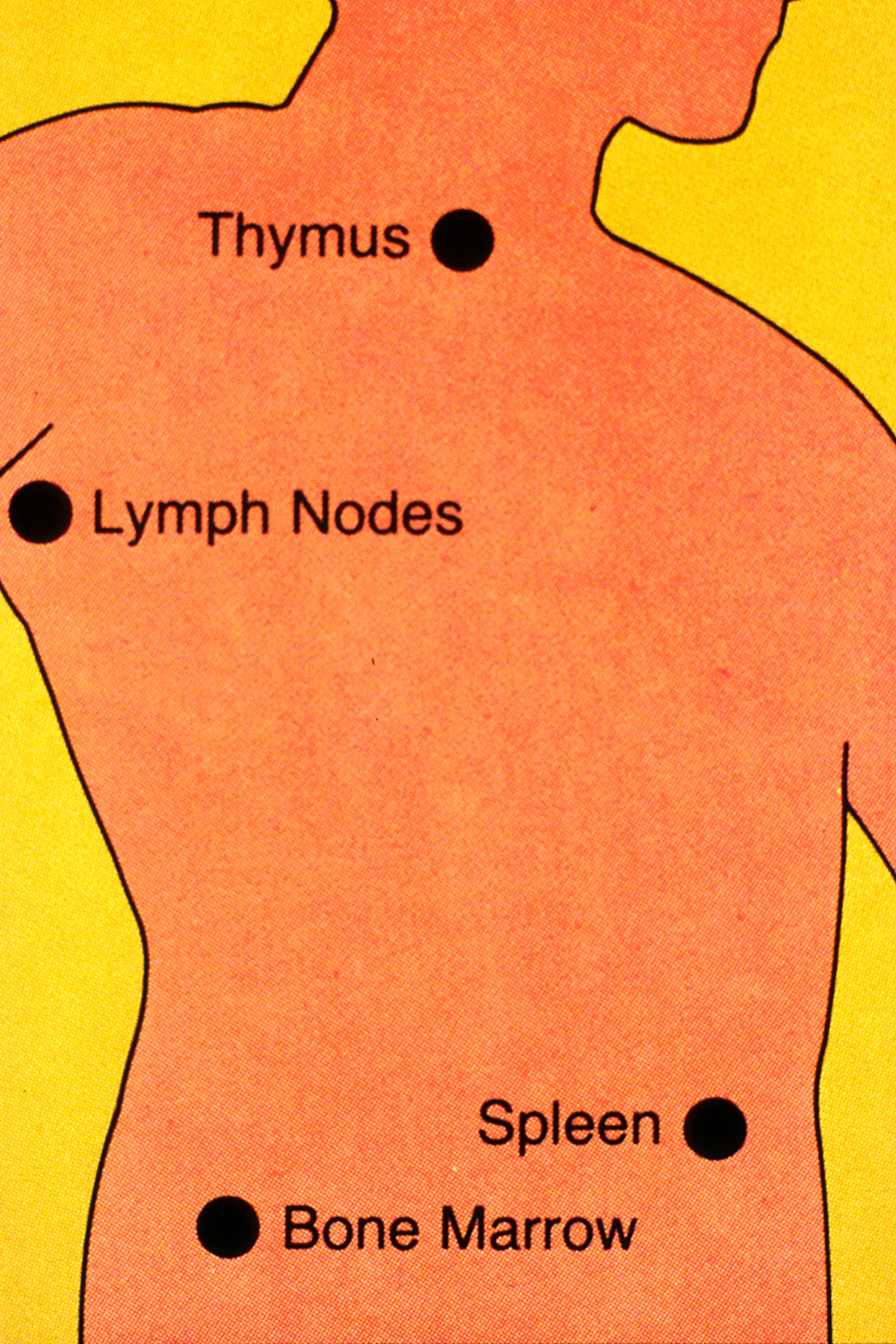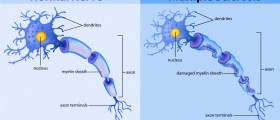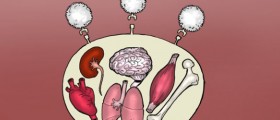
The primary function of the organs in the question is to encounter and then alert the body of the presence of harmful cells such as tumor cells, and also of such entities as microbes and various particles. Once detected, these organs also ought to provide protection to the body and battle off the dangerous and threatening entities mentioned above. The immune system itself is vital when it comes to keeping the overall health of our bodies on a high level and illnesses-free. This is one of the underlying reasons that lie at the base of certain qualities, i.e. the state of the immune system makes a person either too prone to catching various infections and getting ill more easily, or highly disease and illness-resistant. And it is our immune system that is responsible and that makes all the relevant decisions when there appear, for example, tumor cells, viruses and bacteria, as well as parasites and various other pathogens. The immune system is composed of a group of cells, organs and tissues that it holds together and employs in the fight against foreign invaders such as pathogens and different particles. In order for people to get a more complete and vivid image, here is a more picturesque description of the immune system’s average “work day”: once a specific infection or illness attacks our body by means of microbes, for example, the first thing that the immune system’s organs do is detect it and moments after, they start producing antibodies with the aim to annihilate the intruder. This is a regular way in which our immune system operates when confronted with undesired foreign bodies, i.e. harmful intruders.
Cells
All the cells that are part of the immune system are known as the white blood cells, or leukocytes. What many of you may have not known is that there exist two distinct varieties of the immune system – one being the innate, and another the acquired immune system. The innate variety is responsible for providing protection against various infections but in a generalized manner. Cells comprising this variety are basophils, eosinophils, natural killer cells, mast cells and phagocytes. The latter variety, also known as the adaptive immune system, is the one that is responsible for a specific protection of much lengthier duration.
Organs
Organs that are regarded as the active constituents in the process of lymphocytes generation are termed as the primary lymphoid organs. On the other hand, those that act as a site for immune responses are known as the secondary lymphoid organs. There are also organs that form a tertiary lymphoid group and are the ones providing additional aid and assistance in the process of lymphocytes import. The primary and most important organs of the immune system are the following – thymus, bone marrow, lymph nodes, spleen, mucosal associated lymphoid tissues, and cutaneous associated lymphoid tissues.

















Your thoughts on this
Loading...